Steep Life
A playlist for America’s uphill battle with systemic change.
Nick Clark || April/May 2021
Listen now with Apple Music or Spotify.
Black American music has always told the stories of the successes, the plights, the feelings of being tolerated but not embraced, the dire consequences of racism, the relentless pursuit of equality and the resiliency of Black Americans in a profound way. This playlist encapsulates a few of the main focuses of Seeing in the Dark, highlighting the fact Black Americans have always been vocal about the injustices that exist but that it takes egregious acts in tandem with media sensationalism to see general empathy from America. And even then, it’s usually superficial.
But I also have That Fire in my belly. That
I-didn’t-come-this-far-to-turn back Fire.
“Seeing in the Dark ,”Breai Mason-Campbell
Surface-level empathy often translates to surface-level action, but not the kind of action needed to heal lasting wounds and offer systemic change. This leads to Black Americans feeling largely unheard and unseen, and ultimately to the feeling that Black America doesn’t matter. Black Americans, and especially Black American women, have fought and continue to fight through white guilt, white power, expressive suppression, and everything else that comes with being disenfranchised due to race.
The only tangible step towards a harmonious society is living in harmony. True integration. Not the integration of the 1960s — one-way assimilation — but White America being intentional about accepting and integrating into Black America.

The songs fit into four buckets:
“Hound dogs on my trail
School children sitting in jailBlack cat cross my path
I think every day’s gonna be my last
Lord have mercy on this land of mine
We all gonna get it in due time
I don’t belong here
I don’t belong there
I’ve even stopped believing in prayer”
“Mississippi Goddam,”
Nina Simone
1. Songs that describe the environments that many Black Americans are raised in due to centuries of economic disenfranchisement and neglect:
- Inner City Blues, Marvin Gaye
- Institutionalized, Kendrick Lamar
- The Charade, D’Angelo
- Black Like Me, Mickey Guyton
- Mississippi Goddam, Nina Simone
- The Corner, Common
- The Hate U Give, Bobby Sessions ft. Keite Young
“All the smoke in the air
Feel the hate when they stare
All the pain that we bear
Oh, you better beware
Their guns don’t play fair
All we got is a prayer
It was all in their plans
Wash the blood from your hands“
“Fight For You,”
H.E.R
Mainstream media and culture often interpret them as glorifying money, cars, and violence when in actuality, they’re just poetic descriptions of the songwriter’s community. Ideally, these songs give America a lens into why Black Americans feel the way they feel, to create empathy rather than disdain.
2. Songs that cry out for change for the people who inhabit the communities described in the songs above:
- I Cry, Usher
- I Can’t Breathe, H.E.R.
- Fight For You, H.E.R.
- Wake Up Everybody, Melvin and the Blue Notes
“Freedom
Where are you?
‘Cause I need freedom, too
I break chains all by myself
Won’t let my freedom rot in hell”
“Freedom.”
Beyoncé ft. Kendrick Lamar
3. Songs that call for people to fight against the systemic structures that aid in oppression:
- Freedom, Beyoncé ft. Kendrick Lamar
- Fight the Power, The Isley Brothers
- Letter to the Free, Common ft. Bilal
4. Songs that affirm the identity of Black Americans, in response to the degradation of Black American identity by white American culture:
“We must begin to tell our young
“Young, Gifted, and Black,”
There’s a world waiting for you, you
Yours is the quest that’s just begun
Aretha Franklin,
- Young, Gifted and Black, Aretha Franklin
The path forward is understanding. The path forward is empathy. The path forward is embracing the journey of others and actively trying to understand America through the eyes of those who America has seemingly cast aside. Let this music help those who still ask why Black Americans continue to march in the streets, or why Black Americans need a whole month, or show, or playlist, dedicated to their history. Listen closely, and you’ll hear the answers.

Listen to the playlist with Apple Music or Spotify
* * *
Nicholas Clark is a producer, musical director, and bassist who splits his time between Austin and L.A. He played college football at Texas State University where he earned a master’s in physics before spending four years as a Semiconductor Engineer at Samsung while integrating himself into the Austin music scene. He’s now a full-time musician and has worked with some of the greatest artists across genres including Kanye West, H.E.R., Demi Lovato, Christian McBride Big Band, Jojo, Chrisette Michelle, Carrie Rodriguez, and Problem, and has played an integral role in producing and programming for Coachella, YEEZY SZN 8 Paris, SXSW, ACL, award shows, and late night TV shows.
Edited by Catherine Cusick & Michelle Weber.
